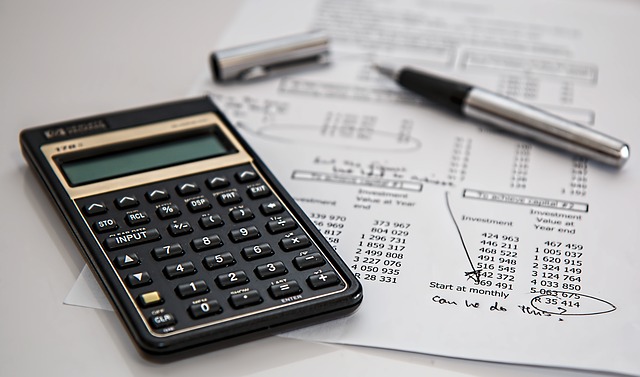Do you know that when you sell your property, you have to pay a certain tax, which is called the Capital Gains Tax?
Yes, you read it right!
Capital Gains Tax or CGT is just one of the taxes and duties that you need to take care of when you decide to sell your real estate property.
If you don’t know what it is and you are interested to know more about Capital Gains Tax, read on as I explain more details about it.
What is Capital Gains Tax in the Philippines?
According to the Philippine Tax Code, Capital Gains Tax is a tax that is imposed on earnings that the seller has gained from the sale of capital assets.
Capital Gains Tax is charged at a flat tax rate of 6% of the gross selling price, and must be paid within 30 days after each transaction.
What is a Capital Asset?
A property is considered as a capital asset if it is not used in trade or in business. A capital asset is subject to capital gains tax.
Capital assets are different from Ordinary Assets.
As stated in Section 39 of the tax code, the following are considered ordinary assets:
- Stocks held by the taxpayer in trade or inventory
- Properties for sale in the ordinary course of business
- Any property used in business that the taxpayer claims for depreciation
- Real property used in trade or business
Why does the seller pay for Capital Gains Tax?
As long as the seller is not engaged in the real estate business, it the seller and not the buyer who pays for the Capital Gains Tax in the Philippines.
Who are considered as engaged in the real estate business?
1. Real Estate Dealer
If you are engaged in the business of buying and selling properties, whether you’re doing it full-time or part-time, you are considered as engaged in the real estate business.
2. Real Estate Developer
If you are engaged in the business of developing properties like subdivisions, houses, condominiums, townhouses, commercial buildings, and even memorial lots, whether you’re an individual entity or a company, and you’re offering them up for sale or lease, you are considered as engaged in the real estate business.
3. Real Estate Lessor
If you are engaged in the business of renting real properties, whether they are residential or commercial, and you declare yourself as the legal lessor of the said properties, you are considered as engaged in the real estate business.
Additionally, assets that have been acquired through foreclosures are considered ordinary assets, and sellers engaged in this business are not required to pay the GCT.

How to Compute for Capital Gains Tax in the Philippines
Now that you know the basics of capital gains tax, it’s time to know how to compute for it.
Let’s assume that you are not engaged in a real estate business and you have a 100 square meter residential property in Quezon City that you are selling for Php 2,000,000.00 (2 million pesos).
First of all, your property’s selling price will be assessed by the city assessor or by the Bureau of Internal Revenue’s zonal values. They will determine if your selling price is higher than its fair market value.
If your property’s selling price is higher than its fair market value, it will be used as the base for computing the Capital Gains Tax (CGT).
Remember that the Capital Gains Tax is 6% of the selling price.
To compute CGT:
- Php 2,000,000 x 6% = Php 120,000
Therefore, the Capital Gains Tax that you need to pay when you sell your property for Php 2,000,000 is Php 120,000.
BIR clarifies the calculation of Capital Gains Tax
According to the Bureau of Internal Revenue (BIR) in reference to memorandum circular 35-2017,
“The six percent (6%) CGT (capital gains tax) is based on the gross selling price or fair market value or zonal value of the subject property, whichever is higher.”
BIR also added, “The foregoing implies that in order to be liable for the payment of CGT, there must be presumed gain from the sale, exchange or disposition of real property. The mere issuance of tax declaration without any sale, exchange, or disposition is not subject to CGT. Likewise, there must be transfer of ownership that resulted from the sale, disposition or conveyance of the real property.”
The payment of capital gains tax is a direct consequence of the sale.
This means that a mere issuance of tax declaration in the absence of any sale, exchange, or other forms of conveyance is not subject to the CGT. (Source)
RELATED ARTICLES:
- How to Enroll in BIR eFPS and List of Requirements
- How to Get TIN (Tax Identification Number) for Unemployed Persons and Students






They should call it a sales tax. For it to be a capital gains tax, it should be computed based on the difference between the acquisition price and the sales price. That is the gain. Six percent of sale price means you pay tax even if you incurred a loss on the sale.